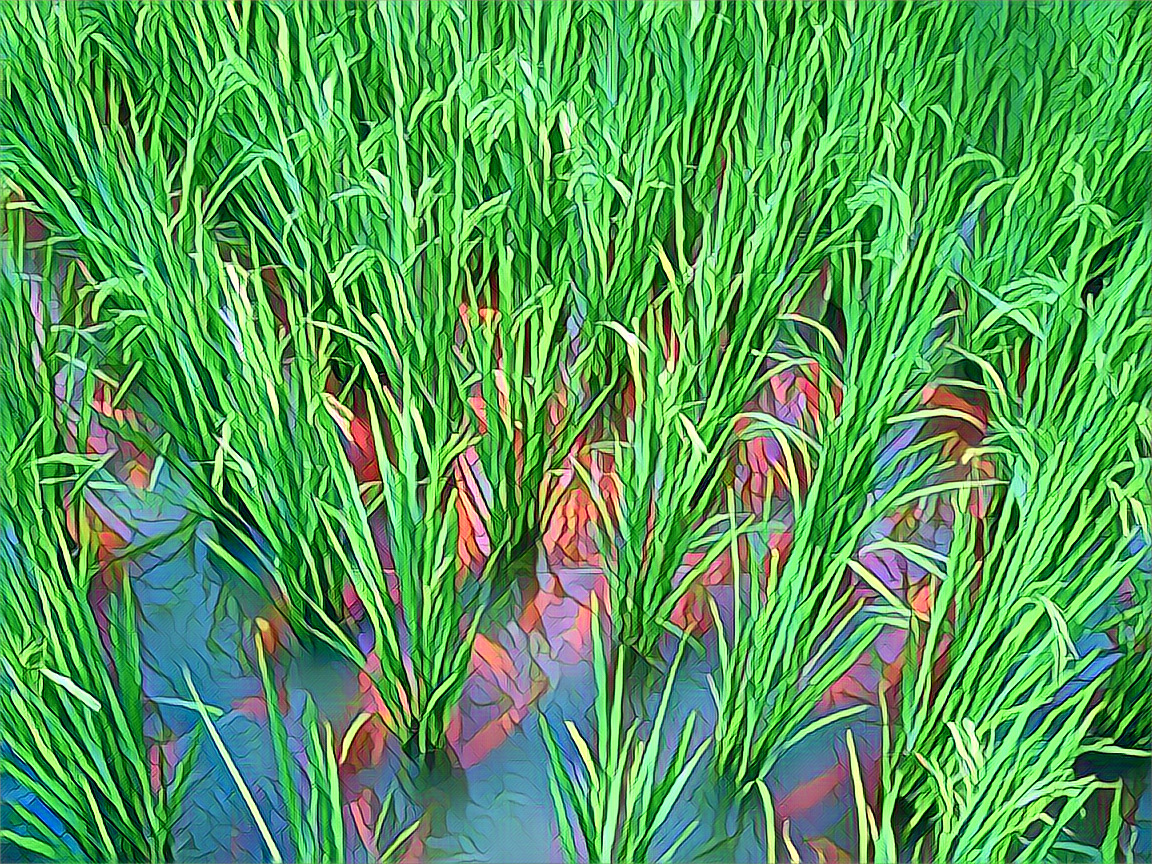In a strategic move to bolster Ghana’s rice production and reduce reliance on imports, the Korea Partnership for Innovation of Agriculture (KOPIA) has transferred 300 metric tonnes of rice seeds to the Ministry of Food and Agriculture. This transfer is a pivotal step towards enhancing self-sufficiency in rice production across Ghana, marking a significant collaboration between KOPIA and the Council for Scientific and Industrial Research (CSIR).
The collaboration produced four high-yield rice varieties: CRI Amankwatia, CRI Agyapa, CRI Agra, and CRI Korea Mo. Developed with support from KOPIA and certified by the Ghana Seed Inspection Division, these varieties boast characteristics sought after by both farmers and consumers, including year-round viability, early maturity, and aromatic long grains.
During the handover ceremony at the Dawhenya Irrigation Project Site, Dr. Kim-Choong Hoe, Director of KOPIA-Ghana, highlighted Ghana’s untapped potential in bridging its rice demand and supply gap. Despite Ghana importing half of its rice needs, the introduction of these high-yield varieties alongside advancements in agricultural mechanization promises a significant reduction in imports.
The initiative is part of a broader five-year project initiated by the Rural Development Administration (RDA) in South Korea, aiming to produce 5,000 metric tonnes of rice seeds. This effort not only seeks to elevate local rice production but also aims to conserve foreign exchange for Ghana.
Expressing his optimism, Yaw Frimpong Addo, Deputy Minister of Food and Agriculture in charge of crops, underscored the project’s potential to improve the rice seed system in Ghana. He assured the timely availability of these quality seeds, enabling farmers to cultivate larger areas, thereby boosting rice quantity and quality.
The Korean Ambassador to Ghana, Park Kyongsig, echoed these sentiments, pointing to Ghana’s advantageous conditions for rice production. With vast arable land, water sources, diligent farmers, a favorable climate, and natural valleys, Ghana is poised for a significant increase in rice production, potentially becoming an exporter of cereal.
This collaboration extends beyond seed provision; it represents a partnership between KOPIA and CSIR in adapting these new varieties to Ghana’s local conditions. Prof. Charles Tortoe, Director of the Food Research Institute at CSIR, and Dr. Kim Hwang-Yong, Director-General of RDA, both lauded the initiative, highlighting its role in sustainable agriculture and stable food supply.
At the grassroots level, Richard Martey Afleh, Chairman of the Dawhenya Local Rice Farmers Association, voiced the farmers’ approval of the new rice varieties. He emphasized the need for further investment in machinery and research to meet local demand effectively.
This initiative underscores a collaborative effort between international partners and local stakeholders, aiming to revolutionize Ghana’s agricultural landscape. By leveraging high-yield rice varieties and embracing technological advancements in agriculture, Ghana is set on a path toward increased self-sufficiency, economic stability, and a brighter future for its rice production sector.
Source: Graphic Online





2 comments
Can you be more specific about the content of your article? After reading it, I still have some doubts. Hope you can help me. https://www.binance.info/pt-PT/register?ref=DB40ITMB
Can you be more specific about the content of your article? After reading it, I still have some doubts. Hope you can help me. https://www.binance.com/en-ZA/register?ref=JHQQKNKN